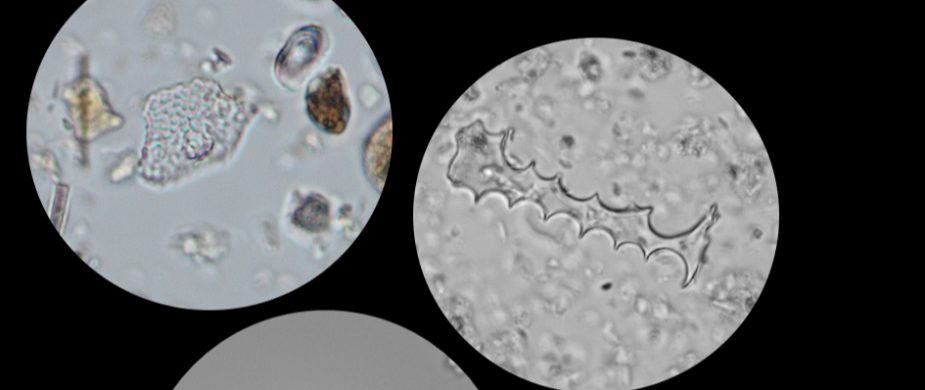List of events
Carlos G. Santiago-Marrero: Beyond the Naked Eye
Beyond the Naked Eye: Microbotanical remains and their contribution to archaeological research
by Carlos G. Santiago-Marrero (Human Ecology and Archaeology – HUMANE, IMF, CSIC, Barcelona, Spain)
25 January 2024, 14:30 CET
The lecture takes place onsite in the Library (Letenská 4, 118 00 Praha) and online via Zoom (https://cesnet.zoom.us/j/94297574433 | passcode: 735653).
Abstract:
Archaeobotany has played a fundamental role in expanding our understanding of human socioecological dynamics in the past. However, at the macroscale, archaeobotanical evidence can be constrained by preservation or cultural biases (e.g., charring, processing, raw consumption), providing a narrowed image of the whole spectrum of economically important plants in the past, and their use. Nevertheless, at the microscale, valuable archaeobotanical information can be retrieved from the material culture related to plant processing and consumption, occupational surfaces, and human remains even when there is no visible trace of such evidence. This is the case for plant microremains such as phytoliths and starch grains, whose implementation in archaeological research has seen significant growth in the past decades. Being inorganic, phytoliths can survive in sediments and residues for thousands of years, providing information about plants’ taxonomical and anatomical origins. Starch, on the other hand, is a complex carbohydrate commonly found in seeds, fruits, and underground storage organs, providing insights into the use of starch-rich resources and culinary practices. These characteristics make phytoliths and starch grains key instruments for revealing new aspects of plant uses and human-plant interactions in past societies. This lecture will introduce some methodological aspects in the study of ancient phytoliths and starch grains and present archaeological case studies where these microbotanical remains have contributed to broadening our knowledge of foodway practices and lifeways in the past.

